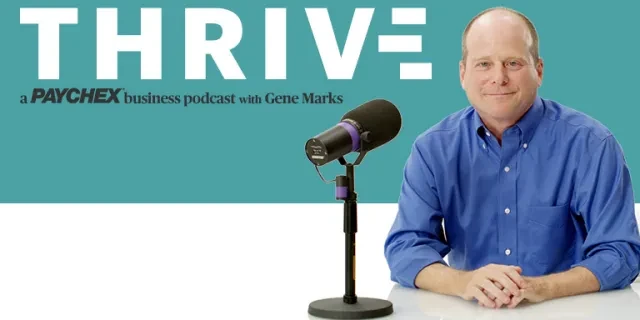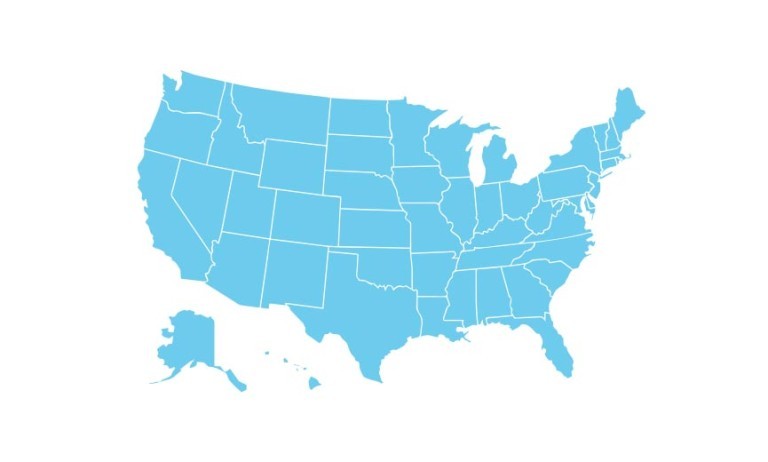Business Resources to Help You and Your Employees

2025 Top Regulatory Issues: What You Need To Know
Is your business prepared for changes regarding taxes, retirement plans, AI and privacy, wage and hour issues, and more? Join our Paychex Compliance analysts for in-depth details.
AI and Small Businesses
The 2025 Paychex State of Small Business AI Report shares insights from its survey of more than 1,100 business owners on overall attitude on the technology, the impact at work on efficiency and productivity, potential concerns, and how they plan to invest and implement.
Podcasts de negocios
Paychex Thrive, a Business Podcast
Navigate the dynamics of today's business climate.

Paychex Pulse, an HR Podcast
The issues facing today's human resource leaders and managers.










